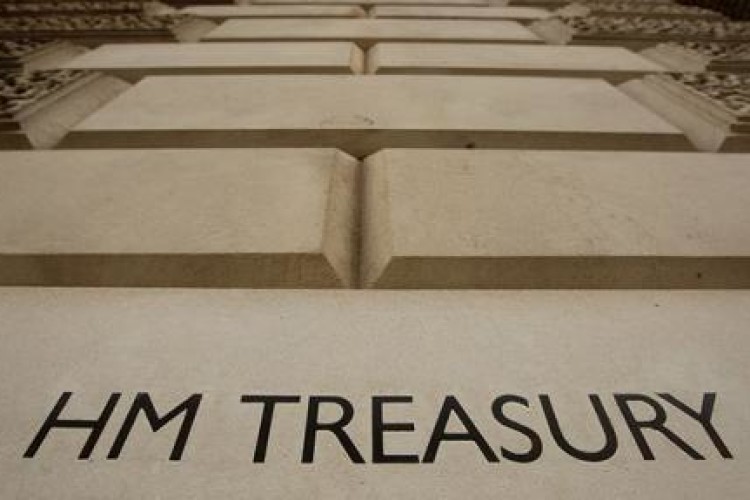The government’s spending watchdog says that Treasury should be more rigorous in assessing whether government guarantees are genuinely needed or whether private insurance could not be found by project funders instead.
Amyas Morse, head of the National Audit Office, said: “The UK Guarantees scheme was introduced as a response to tough financial market conditions for infrastructure finance. Market conditions are now much less difficult but the Scheme is still supporting lending for new infrastructure projects. The Treasury takes a narrow view that guarantees are value for money if the fee covers the risk. It is good that Treasury has a formal governance process and commercial specialists to help evaluate, manage and set a price for risks to the taxpayer. However, we question whether this approach can measure long-term risks to taxpayers reliably. As market conditions improve, the Treasury should ensure that it is rigorous and objective in ensuring that guarantees for projects are genuinely needed and that the projects supported bring significant public value.”
Under the scheme, the Treasury guarantees that lenders to infrastructure projects will be repaid in full and on time, irrespective of project performance. The scheme transfers project risk to government and ultimately the taxpayer, in return for a fee. The length of exposure varies greatly: five years for an ethane import and storage facility at Grangemouth, up to 29 years in the case of the Mersey Gateway Bond and 44 years for the new University of Northampton campus.
To date, the Treasury has guaranteed £1.7bn of finance across 8 projects and ‘prequalified’ (deemed eligible for support) 39 more projects. The prequalified projects have a total value of £34bn, equivalent to 7% of the investment identified in the most recent National Infrastructure Plan (£466 billion) and could result in up to £24bn in guarantees, including the Hinkley Point C nuclear power plant (up to £17bn). The scheme means that the Treasury was in effect the second most active lender to new UK infrastructure projects in 2014.
.png)
Guarantees are available for projects meeting a broad definition of infrastructure, spanning energy, transport, health, education, courts, prisons and housing. The NAO found that the Treasury does not apply its eligibility criteria strictly and has no objective tests to check whether projects genuinely need a guarantee. For example, the Treasury supported one £8.8m project – to install energy saving lighting in 150 car parks – that the NAO says cannot reasonably be described as ‘nationally significant’.
The scheme is due to end in 2017 but the Civil Engineering Contractors Association (CECA) was swift to defend it and called for its extension. Chief executive Alasdair Reisner said: “UK Guarantees have played an important role in ensuring infrastructure projects have been properly financed in the last three years. CECA believes that not only has the scheme delivered the certainty of investment our members need to optimise infrastructure delivery, but that the government should explore avenues by which it may continue after December 2016 to shore up the economy as it recovers.”
The full report, UK Guarantees scheme for infrastructure, is available at: http://www.nao.org.uk/wp-content/uploads/2015/01/UK-Guarantees-scheme-for-infrastructure.pdf
Got a story? Email news@theconstructionindex.co.uk



